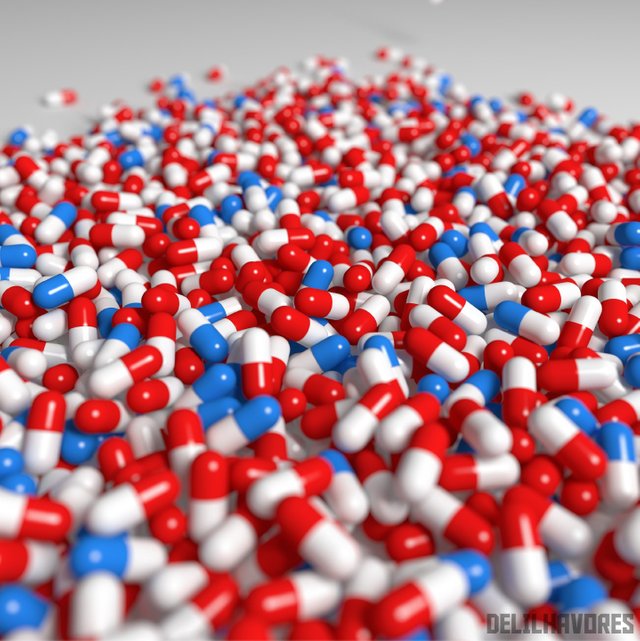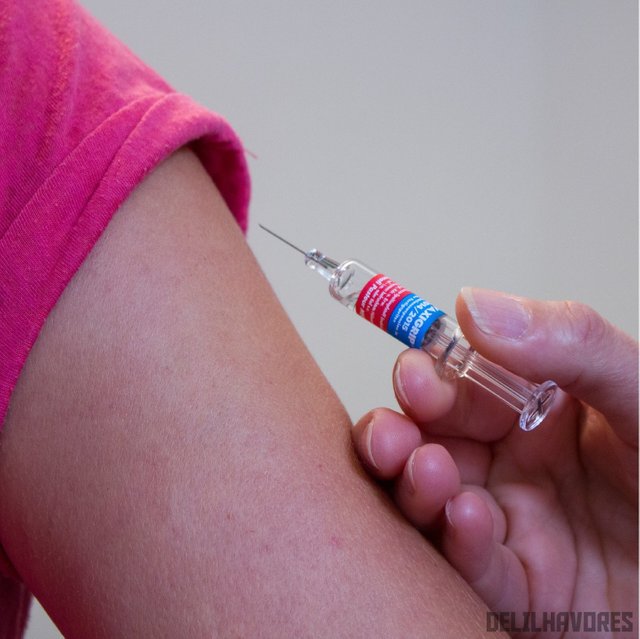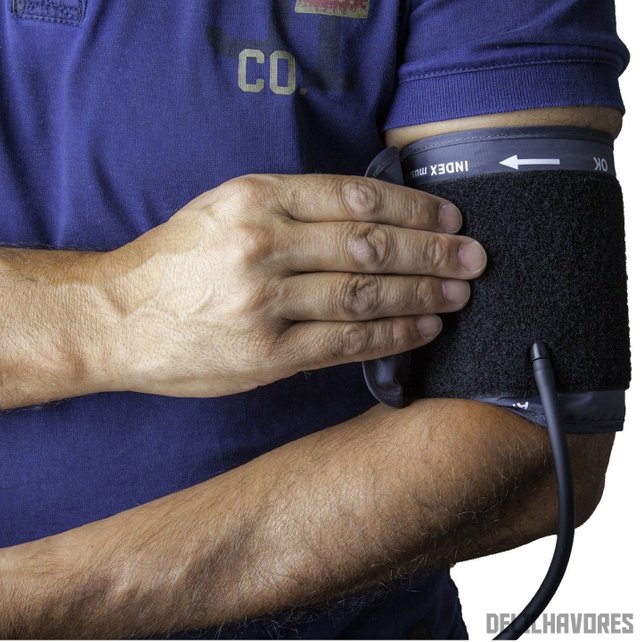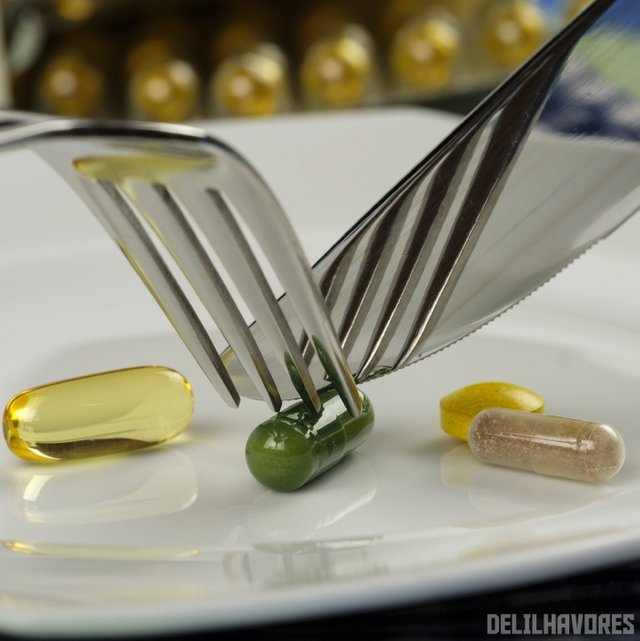Hello everybody,
Today I would like to talk about an increasingly debated topic within the scientific community: the placebo effect.
Introduction
By placebo we mean the healing capacity of substances or practices that are inactive or ineffective in themselves, but which however may be of some comfort to the patient.
The most popular placebo in popular opinion is pharmacological placebo, linked to the intake of substances that do not contain pharmacologically active components, such as a sugar tablet or an injection of saline solution.
But there is also surgical placebo! For example, a recent experiment compared the results of a placebo operation with those of the knee arthroscopy intervention (for the treatment of arthritis). The procedure was carried out as follows: the patients were sedated, a slight incision was made on the knee, and upon awakening it was said that the operation was successful. After two years of checks, patients undergoing the fake surgery and those actually operated on experienced a decrease in pain and an improvement in joint functions in the exact same measure.
Why?
Needless to say, the results obtained greatly destabilize the opinion of the medical and scientific community. Therefore, we tried to understand what was the engine behind the placebo process.
It could be said that "everything is in the mind". But perhaps it is better to say that the mind can influence the way the body reacts.
The previous observation was supported by a recent study on Parkinson's disease patients, where an improvement in motor functions was found in 50% of patients undergoing a saline injection. But it wasn't an imaginary improvement. In fact, Parkinson's symptoms are mainly due to the inability of brain cells to produce dopamine, an important neurotransmitter. Magnetic resonances performed over time on these patients revealed that the simple expectation of receiving relief triggered a production of dopamine! That is, it was enough that the patients expected to feel better for them to activate a real chemical reaction, with real consequences on the disease.
Another similar study produced the same results. In the experiment, a cream was applied to two different points of each subject's arm, and although the cream was the same, the subjects were told that it was two different products, only one of which alleviated pain. The arm was then radiated with heat until it produced a burning sensation. The result was that the subjects felt less pain on the point treated with the "effective" cream!
The other side of the coin
There is also the anti-placebo effect, which is called the nocebo effect. In fact, more than one in five patients treated with placebo says they experience negative side effects, such as headache, nausea or insomnia.
In a drug test, some patients on placebo were told they could experience gastrointestinal irritation. After some time, however, only the informed subjects suffered!
It is very important to stress that the power of suggestion has its limitations: placebo does not work for heart attacks, tumors or infections. However, much of the medicine is centered on relatively subjective forms of discomfort: chronic pain, stomach upset, nausea, joint pain, depression, ... And it is precisely in these cases that the sugar tablets seem to be effective.
The more it costs, the more it works
The price of what we buy has been shown to influence our psychological gratification mechanism. As we often tend to think that a pair of jeans is better because it is more expensive, the same happens if it is a question of drugs!
This is demonstrated by a study conducted on a sample of 82 volunteers, who were given a placebo: half of the sample was told that the cost was around 2 euros per pill, the other half that the pills cost only 10 cents. The result was surprising: in the first group, 85.4% of the subjects admitted to having felt less pain after taking the pill, while in the second group the same effect was only proven by 61%.
In conclusion, the study shows that we are led to think that what costs more is necessarily good, as a consequence of the fact that we spent more money. This may also explain why many patients say equivalent or generic medicines are less effective.
Clarifications
The placebo effect is not the same for everyone. In fact, certain personality traits come from optimism and the search for novelty favors a good response to placebo.
But it has also been claimed that the response to placebo can be learned. For example, three technicians (Voudouris, Peck and Coleman), showed how to do it: “At the beginning a placebo is administered presenting it as a powerful anesthetic cream, and pain is induced by using small electric discharges on a sample of subjects, identifying the more sensitive to placebo and refractory. If we take the latter, and still subject them to the whole experiment but, without their knowledge, we reduce the intensity of the electric shocks, we will convince them that the cream works. Their brains will associate the cream with the pain relief. After a while of being able to subject them to the initial discharge, the most intense one, and we will see that their response has become the same as that of the most sensitive”.
The process has also been proven with morphine in pain therapy: “If you take morphine on Monday and Tuesday, and on Wednesday you get stung but without morphine, in all likelihood that Wednesday you won't suffer. Then, on Thursday, resume morphine, to reinforce the effect: but thanks to the placebo you can take less amounts of morphine, which is nonetheless toxic, and feel good all the same”. Experiment required in postoperative pain, this system allows you to take about 33 percent less morphine.
Conclusion and my personal opinion
I am convinced that an analytical approach is the key to interpreting the data coming from the placebo studies. This is certainly a new frontier of medicine, which can be useful for certificates, but it is important to remember that the perfect drug/treatment does not exist: patients are first of all people, with a sensitivity and a past that must be considerably different.
The famous pill that can heal all diseases does not exist. It is therefore important to keep your eyes open and evaluate objectively case by case, before turning to characters or alleged doctors who try to heal any disease with a simple pill to dissolve in half a glass of water!
On the other hand, personally, I believe that drugs are increasingly being abused, even for those ailments that can be treated with a simple lifestyle change! For this reason, I think that first of all the change will change starting from the patient himself. And for all those diseases that, alas, cannot be treated with this simple way, relying on doctors is the best thing we can do. Science is also confidence in those who have studied and are in the sector!
Delilha
ITA
Ciao a tutti,
Oggi mi piacerebbe parlare di un tema sempre più dibattuto all’interno della comunità scientifica: l’effetto placebo.
Introduzione
Con placebo si intende la capacità curativa di sostanze o pratiche di per sé inattive o inefficaci, ma che tuttavia possono essere di qualche conforto per il paziente.
Il placebo più diffuso nell’opinione popolare è quello farmacologico, legato all’assunzione di sostanze che non contengono componenti farmacologicamente attivi, come ad esempio una compressa di zucchero o un’iniezione di soluzione salina.
Ma esiste anche il placebo chirurgico! Ad esempio, un recente esperimento ha confrontato i risultati di un intervento placebo con quelli dell’intervento di artroscopia al ginocchio (per la cura dell’artrite). La procedura si è svolta nel modo seguente: i pazienti venivano sedati, gli si praticava una leggera incisione sul ginocchio, e al loro risveglio si diceva che l’intervento fosse riuscito correttamente. Dopo due anni di controlli, i pazienti sottoposti al finto intervento e quelli realmente operati riscontravano una diminuzione del dolore e un miglioramento delle funzioni articolari nella stessa identica misura.
Perché?
Inutile dire che i risultati ottenuti destabilizzano non poco l’opinione della comunità medica e scientifica. Dunque, si è cercato di capire quale fosse il motore alla base del processo placebo.
Si potrebbe affermare che “tutto è nella mente”. Ma, forse, è meglio dire che la mente può influenzare il modo in cui reagisce il corpo.
La precedente osservazione è stata supportata da un recente studio su malati di morbo di Parkinson, dove si è riscontrato un miglioramento delle funzioni motorie nel 50% dei pazienti sottoposti a un’iniezione di soluzione salina. Ma non si trattava di un miglioramento immaginario. Infatti, i sintomi del Parkinson sono prevalentemente dovuti all’incapacità delle cellule cerebrali di produrre la dopamina, un importante neurotrasmettitore. Le risonanze magnetiche effettuate nel tempo su questi pazienti hanno fatto emergere che la semplice aspettativa di ricevere un sollievo innescava una produzione di dopamina! Ovvero, bastava che i pazienti prevedessero di star meglio affinché in loro si attivasse una vera e propria reazione chimica, con conseguenze reali sulla malattia.
Un altro studio simile ha prodotto gli stessi risultati. Nell’esperimento è stata applicata una crema su due punti diversi del braccio di ogni soggetto, e sebbene la crema fosse la stessa, ai soggetti veniva detto che si trattava di due prodotti diversi, di cui uno solo alleviava il dolore. Il braccio, poi, veniva irradiato di calore fino a produrre una sensazione di bruciore. Il risultato è stato che i soggetti percepivano meno dolore sul punto trattato con la crema “efficace”!
L’altra faccia della medaglia
Esiste anche l’effetto contrario al placebo, il quale viene chiamato effetto nocebo. Infatti, più di un paziente su cinque fra quelli trattati con placebo afferma di riscontrare effetti collaterali negativi, come mal di testa, nausea o insonnia.
In un test farmacologico, ad alcuni pazienti sottoposti a cure placebo è stato detto che avrebbero potuto riscontrare irritazioni gastrointestinali. A distanza di tempo, però, solo i soggetti informati ne soffrirono!
È molto importante sottolineare che il potere di suggestione ha i suoi limiti: il placebo non funziona per infarti, tumori o infezioni. Tuttavia, gran parte della medicina è centrata su forme di disagio relativamente soggettive: dolori cronici, stomaco in disordine, nausea, dolori articolari, depressione, … Ed è proprio in questi casi che le pastiglie di zucchero sembrano essere efficaci.
Più costa, più funziona
È stato dimostrato che il prezzo di ciò che compriamo influenza il nostro meccanismo psicologico di gratificazione. Come spesso si tende a pensare che un paio di jeans sia migliore perché più costoso, lo stesso avviene se si tratta di farmaci!
Lo dimostra uno studio condotto su un campione di 82 volontari, ai quali è stato somministrato un placebo: a metà del campione è stato detto che il costo era di circa 2 euro a pillola, all’altra metà che le pillole costavano solamente 10 centesimi. Il risultato è stato sorprendente: nel primo gruppo, l’85,4% dei soggetti ha ammesso di aver sentito meno dolore dopo aver preso la pillola, mentre nel secondo gruppo lo stesso effetto è stato provato solo dal 61%.
In conclusione, lo studio evidenzia che siamo portati a pensare che quello che costa di più sia per forza anche buono, come conseguenza del fatto che abbiamo speso più soldi. Questo potrebbe spiegare anche come mai molti pazienti dicano che i medicinali equivalenti o generici siano meno efficaci.
Precisazioni
L’effetto placebo non è uguale per tutti. Infatti, certi tratti di personalità come l’ottimismo e la ricerca della novità favoriscono una buona risposta al placebo.
Ma è stato affermato anche che la risposta ai placebo può essere appresa. Ad esempio, tre ricercatori (Voudouris, Peck e Coleman), hanno mostrato come si fa: “All’inizio si somministra un placebo presentandolo come una potente crema anestetica, e si induce dolore tramite piccole scariche elettriche su un campione di soggetti, identificando i più sensibili al placebo e i refrattari. Se prendiamo questi ultimi, e li sottoponiamo ancora all’esperimento ma, a loro insaputa, riduciamo l’intensità delle scariche elettriche, li convinceremo che la crema funziona. Il loro cervello assocerà la crema al calo del dolore. Dopo un po’ potremo sottoporli alla scarica iniziale, quella più intensa, e vedremo che la loro risposta è diventata uguale a quella dei più sensibili”.
Il processo è stato dimostrato funzionare anche con la morfina nella terapia del dolore: “Se prendi morfina lunedì e martedì, e mercoledì ti fanno la puntura ma senza morfina, con ogni probabilità quel mercoledì non soffrirai. Poi, giovedì dovrai riprendere morfina, per rinforzare l’effetto: ma grazie al placebo puoi assumere minori quantità di morfina, che comunque è tossica, e stare bene ugualmente”. Esperimenti mostrano che nel dolore postoperatorio questo sistema permette di assumere circa il 33 per cento di morfina in meno.
Conclusione e mia opinione personale
Io sono convinta che un approccio analitico è l’unica chiave per interpretare i dati che provengono dagli studi sul placebo. Si tratta sicuramente di una nuova frontiera della medicina, che per certi disturbi può essere utile, ma è importante ricordare che il farmaco/trattamento perfetto non esiste: i pazienti sono prima di tutto persone, con una sensibilità e un passato che possono essere estremamente diversi.
La famosa pillola in grado di guarire tutte le malattie non esiste. È quindi importante tenere gli occhi ben aperti e valutare con obiettività caso per caso, prima di rivolgersi a personaggi o presunti medici che cercano di guarire ogni malattia con una semplice pillola da sciogliere in mezzo bicchiere d’acqua!
Dall’altro lato, personalmente, io credo che si stia progressivamente sempre più abusando dei farmaci, anche per quei disturbi che sarebbero trattabili con un semplice cambio dello stile di vita! Per questo motivo, penso che prima di tutto il cambiamento debba partire dal paziente stesso. E per tutte quelle malattie che, aihmé, non possono essere trattate con questo semplice modo, affidarsi ai medici è la cosa migliore che possiamo fare. La scienza è anche fiducia nei confronti di chi ha studiato ed è del settore!
Delilha
Sources - Fonti: "Altroconsumo", 06/2008; "National Geographic", 08/2004.





Hello,
Your post has been manually curated by a @stem.curate curator.
We are dedicated to supporting great content, like yours on the STEMGeeks tribe.
Please join us on discord.
Downvoting a post can decrease pending rewards and make it less visible. Common reasons:
Submit
Questo post è stato condiviso e votato all'interno del discord del team curatori di discovery-it.
This post was shared and voted inside the discord by the curators team of discovery-it
Downvoting a post can decrease pending rewards and make it less visible. Common reasons:
Submit
non sono un medico ma ci tengo a dire che sono perfettamente d'accordo con te...ne ho viste tante in quanto a casa mia ci sono state sempre e purtroppo malattie serie e mi sono convinta anch'io che lo stesso farmaco non sortisce effetti univoci su chiunque e che il bravo medico sia colui che non faccia un abuso di farmaci!!!
Downvoting a post can decrease pending rewards and make it less visible. Common reasons:
Submit
La formazione medica al giorno d'oggi è ottima ma è sempre necessario valutare caso per caso e a volte può essere difficile! Sopratutto per tutte quelle malattie di cui si sa poco... Grazie per il commento :)
Downvoting a post can decrease pending rewards and make it less visible. Common reasons:
Submit
This post has been voted on by the SteemSTEM curation team and voting trail. It is elligible for support from @curie and @minnowbooster.
If you appreciate the work we are doing, then consider supporting our witness @stem.witness. Additional witness support to the curie witness would be appreciated as well.
For additional information please join us on the SteemSTEM discord and to get to know the rest of the community!
Please consider using the steemstem.io app and/or including @steemstem in the list of beneficiaries of this post. This could yield a stronger support from SteemSTEM.
Downvoting a post can decrease pending rewards and make it less visible. Common reasons:
Submit